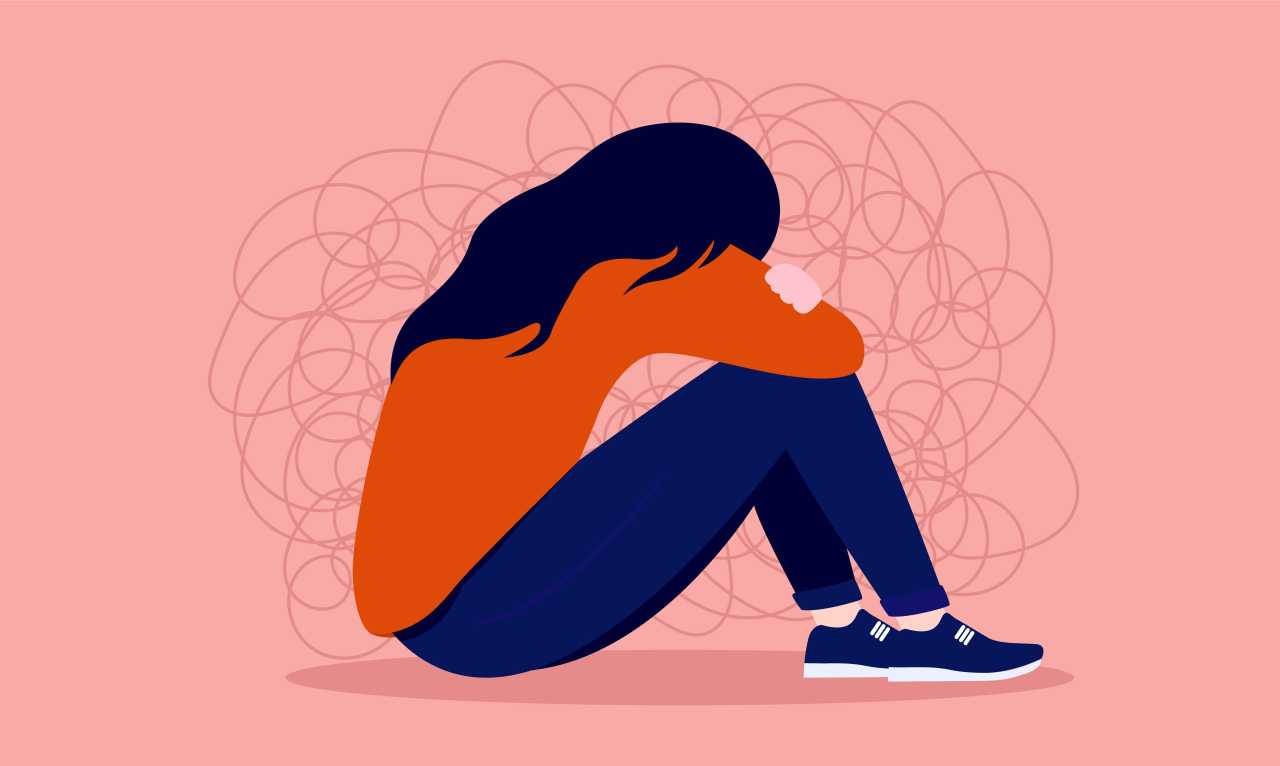Recovery From Emotional Abuse: A Comprehensive Guide To Recovery
Emotional abuse leaves a deep and lasting scar on the mind of a person. It is often harder to identify emotional abuse and even more difficult for victims to confront it. Yet, the damage that it can cause is profound. Healing emotional abuse requires an integrated and committed approach. This comprehensive book will guide you through the necessary […]

recovery from emotional abuse
Emotional abuse leaves a deep and lasting scar on the mind of a person. It is often harder to identify emotional abuse and even more difficult for victims to confront it. Yet, the damage that it can cause is profound. Healing emotional abuse requires an integrated and committed approach. This comprehensive book will guide you through the necessary steps and techniques for emotional abuse recovery.
The Healing Process: Key Steps Of Emotional Abuse Rehabilitation
- Recognize The Reality And Accept Abuse
The first step of emotional abuse healing is to acknowledge that you have suffered abuse. This can prove difficult, particularly if messages from the abuser have been ingrained in your mind or the abuse has been subtle. To move on, you must accept that the abuse took place and that it affected you. Validating the abuse and seeking help are signs of strength.
- Seek Professional Support
Often, mental health professionals must be involved in the healing process after emotional abuse. Counselors or therapists who specialize in trauma, abuse, and other issues can provide invaluable guidance and strategies for coping. Other therapeutic modalities, such as trauma-focused treatment, cognitive-behavioral counseling (CBT), and cognitive-behavioral counseling, can help to heal emotional wounds, restore self-esteem, rebuild confidence, and create healthy coping mechanisms.
Groups of survivors who have experienced emotional abuse can be beneficial. Contacting others who’ve been through similar situations can offer validation, understanding, and useful advice to help navigate the recovery journey.
- Build An Effective Support Network
In order to overcome emotional abuse, it is vital that you surround yourself with supportive family members, trusted friends, and other individuals. A strong social network can offer support, encouragement, and practical assistance. It also gives a person a sense that they belong. It’s crucial to set clear boundaries with people who may not be supportive or understanding of your healing journey.
Building new, healthy relationships and maintaining existing ones will help you to regain your confidence and establish a better social life. Engage those who are positive and affirming, and stay away from those who could perpetuate negative patterns.
- Self-Care Practices
The importance of self-care in healing emotional abuse cannot be overstated. Prioritize the activities that enhance your physical, emotional and mental health. This can include regular exercise or healthy eating and adequate sleep. Relaxation techniques such as yoga, mindfulness, or meditation may also be included.
Engage in activities that bring you joy and satisfaction. Creative pursuits such as hobbies and relaxation exercises can help to build your self-esteem and reconnect you with yourself. Self-care, while not selfish, is an essential component of recovery.
- Set Your Boundaries And Be Assertive
It is essential that you establish and maintain your boundaries in order to heal from emotional abuse. In order to protect yourself from abuse, it is essential that you learn how asserting your needs and limitations can help. Boundaries include stopping contact or limiting it with individuals who are abusive.
Assertiveness is a training that can give you the confidence to express your needs clearly and deal with conflicts in a constructive way. Self-assertion helps you regain your autonomy and sense of control.
- Rebuild Confidence
Emotional abuse affects self-esteem in a big way, leading to feelings such as inadequacy. You can rebuild self-esteem by challenging negative thoughts and replacing them with positive affirmations. Take part in activities designed to boost your confidence and self-esteem.
Celebrate all of your accomplishments, big or small. Positive affirmations and self-talk are powerful tools to combat negative messages. A therapist may also help develop a healthier self-image.
- Create New Paths Forward
As you begin to heal from emotional harm, it is important that you create a fresh path for your life. Define and work toward your goals, values, or aspirations. In order to recover, it is important to build a fulfilling and happy life that reflects you.
Explore new hobbies, create personal goals, and develop a vision for the future. This forward-looking perspective can help you move your focus from painful memories to the possibilities of an improved, more fulfilling lifestyle.
Conclusion
Healing from abuse of emotions is a difficult yet rewarding process. With resilience and hope, you can navigate your way to emotional abuse healing by recognizing the abuse, obtaining professional support, building an effective support system, and practicing care. Remember, recovery takes time. So, be patient, compassionate, and forgiving with yourself.
Be confident in your healing journey, knowing each step brings you closer towards achieving your potential and reclaiming your wellbeing.
